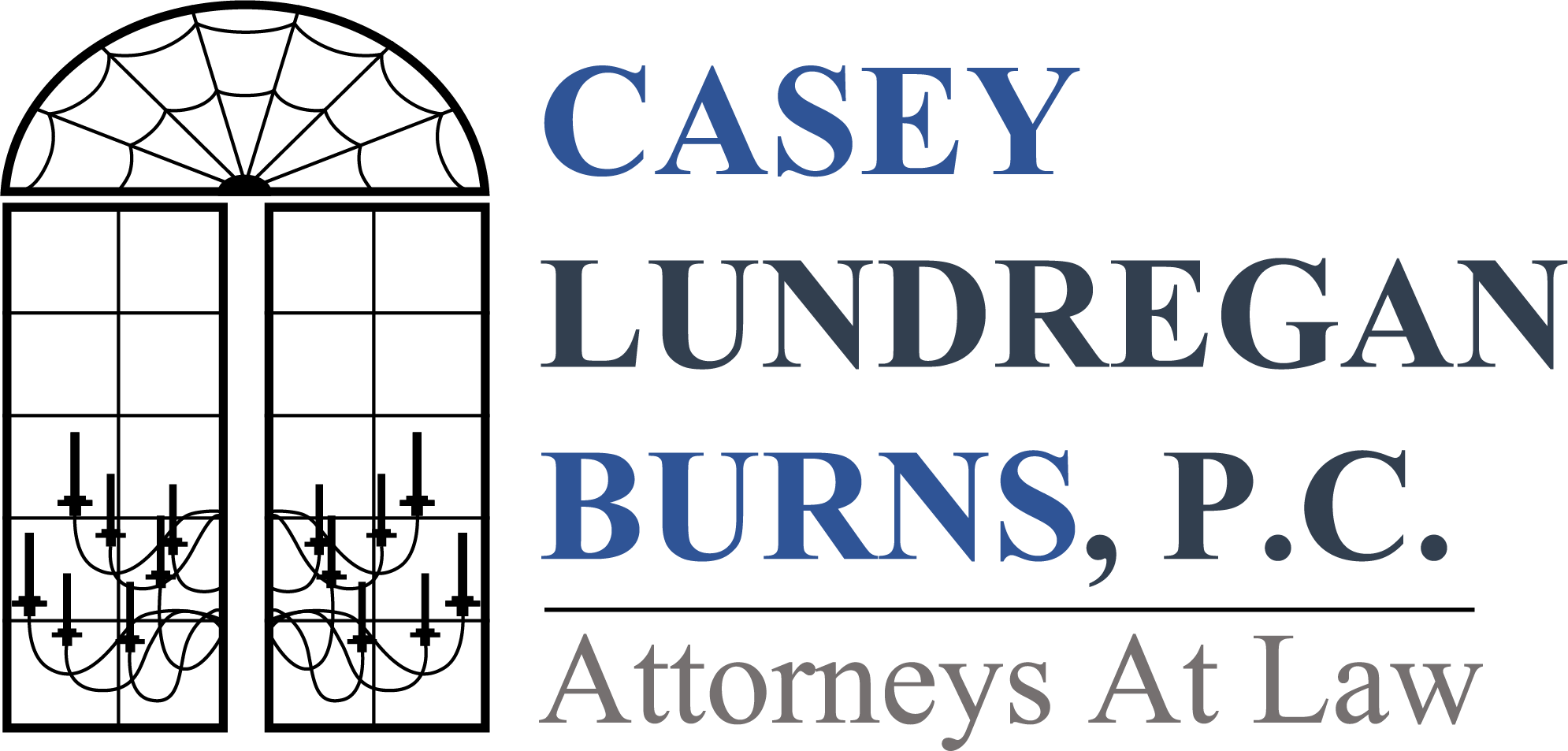Deeds Lawyer in Salem, Massachusetts
A deed is a legal document that confirms ownership rights over a piece of real estate. For that reason, every detail in the deed is vitally important. A knowledgeable deeds lawyer can draft or amend a deed to fit your estate planning goals and prevent any complications with your real property.
The law firm of Casey Lundregan Burns, P.C., provides reliable deed services in all types of transactions, including transferring real estate into a revocable trust. We can prepare a deed to suit your needs or review a deed prepared by someone else to ensure that it contains the necessary terms to protect your interests.
Quitclaim Deeds in Massachusetts
In Massachusetts, the Quitclaim Deed is the type of deed used most commonly in real estate transactions. Unlike in some jurisdictions, a Quitclaim Deed in Massachusetts includes some guarantee from the grantor that the property being conveyed is free from encumbrances such as liens. Under Mass. Gen. Laws ch. 183, §11, grantors assert that they are granting the property free from any encumbrances that they have made. This deed makes no warranty about any encumbrances during prior ownership. Some attorneys consider a Massachusetts Quitclaim Deed as similar to a special warranty deed in other jurisdictions.
General warranty deeds, which guarantee that a property is free from preexisting encumbrances such an easement established by a municipality, are not commonly used in Massachusetts and may not even be accepted.
The Importance of Having a Correct Deed
A deed must include full and correct information to prevent any future problems with the chain of title. A mistake on a deed could potentially cause issues whenever you need to refinance, transfer, or sell the property.
The names on the deed must be accurate, and the type of ownership must be described correctly. It makes a tremendous difference whether a deed specifies that co-owners hold the property as joint tenants with a right of survivorship or whether they hold the property as tenants in common. If a co-owner dies and the property is held in joint tenancy, the remaining owner or owners automatically receive the co-owner’s interest in the property. If, on the other hand, the owners are tenants in common, a deceased co-owners interest passes to their heirs or legatees.
While some people think they can ease the property transition process by adding the name of an adult child to the property deed, that move has serious legal implications. Namely, it can expose your property to your child’s creditors and deprive your child of the step-up basis tax break upon inheritance.
Working with an experienced deeds lawyer can help you avoid costly and stressful mistakes in transactions that involve deed transfers or changes.
When You Need a Deeds Lawyer
A skilled deeds lawyer can protect your interests in real estate transactions and ensure your deed complies with both Massachusetts law and your estate planning needs.
Your deeds attorney can:
- Assist with creating a new deed to add or remove names
- Advise you on the legal consequences of adding another person to your home’s deed
- Transfer ownership from an individual to a trust or corporation
- Explain deed transfer possibilities for properties under a mortgage or lien
- Counsel you in case you encounter challenges of your legal title
Contact Casey Lundregan Burns, P.C. for Secure Legal Solutions for Real Estate
Are you preparing to buy or sell real property in Massachusetts or considering changes to your home’s existing deed as part of your estate plan? The team at Casey Lundregan Burns, P.C., can help. With over 90 years of experience assisting clients with estate planning and real estate needs, we provide convenient, reliable and cost-effective deed services, including drafting, revising, amending, and transferring deeds.
Call (978) 878-3519 or leave your details online to consult an experienced deeds lawyer in Salem, Massachusetts.
